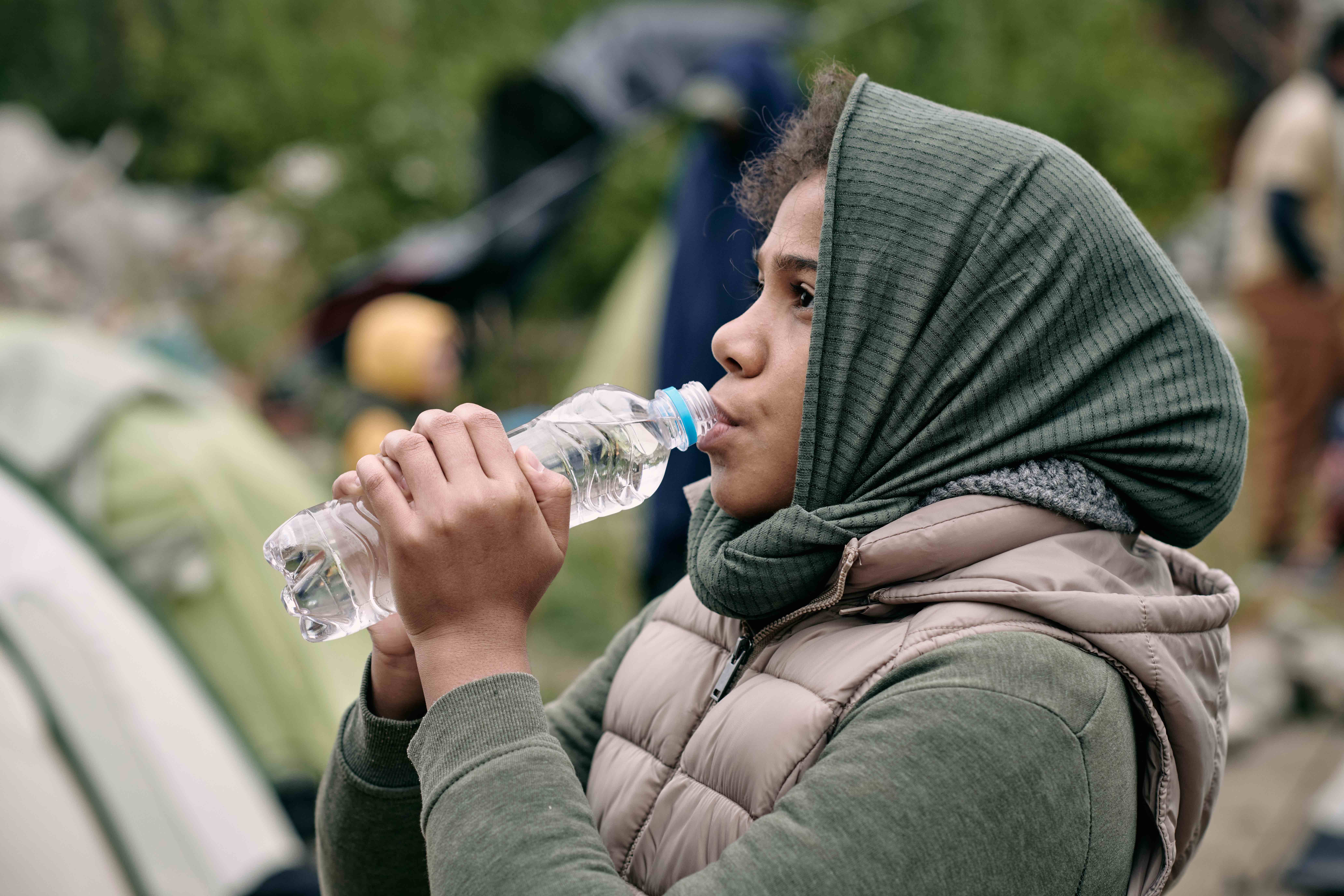
The European migration crisis, also known as the refugee crisis, began in 2015 when a large influx of migrants and refugees started entering Europe from the Middle East, Africa, and Asia. The crisis has since become a significant challenge for the European Union, as member states struggle to address the issue and find a solution that is both humane and effective.
The main reason behind the migration crisis is the ongoing conflicts and instability in many parts of the world. Wars in Syria, Iraq, and Afghanistan have caused millions of people to flee their homes and seek refuge in neighbouring countries and Europe. Additionally, poverty, lack of economic opportunities, and political oppression in Africa and Asia have also pushed people to leave their countries and seek a better life elsewhere.
The influx of refugees and migrants has put a tremendous strain on the resources and infrastructure of many European countries, particularly those that are located on the Mediterranean coast. Greece and Italy, for example, have been overwhelmed by the sheer number of arrivals, as they are the first points of entry for many refugees and migrants.
The crisis has also led to a rise in anti-immigrant sentiment in some European countries, with far-right groups exploiting the situation to push their anti-immigration agendas. This has further complicated the issue, as many countries are now reluctant to take in refugees and migrants, fearing that it will lead to social and economic problems.
The European Union has struggled to find a common solution to the crisis, with member states unable to agree on a unified approach. Some countries, such as Germany and Sweden, have been more welcoming to refugees and migrants, while others, such as Hungary and Poland, have taken a more hardline stance, refusing to take in any refugees at all.
The EU has implemented a number of measures to address the crisis, including the establishment of the European Border and Coast Guard Agency, which is tasked with strengthening border control and managing migration flows. The EU has also set up a relocation scheme to help distribute refugees and migrants across member states, although this has been met with resistance from some countries.
The EU-Turkey deal, which was signed in 2016, has also been instrumental in managing the crisis. Under the agreement, Turkey agreed to take back refugees and migrants who arrived in Greece illegally, in exchange for financial aid and the promise of visa-free travel for Turkish citizens in Europe. While the deal has been criticised by some for its human rights implications, it has helped to reduce the number of arrivals in Greece significantly.
Despite these efforts, the crisis is far from over, and the situation remains precarious. The ongoing conflicts in the Middle East and elsewhere mean that more people are likely to continue to flee their homes, and Europe will have to find a way to manage the influx of refugees and migrants effectively.
Ultimately, the European migration crisis is a complex and multifaceted issue that requires a coordinated and compassionate response from all stakeholders. Europe cannot turn a blind eye to the suffering of refugees and migrants, but at the same time, it must ensure that the situation is managed in a way that is both humane and sustainable.
The crisis has highlighted the need for greater solidarity and cooperation among EU member states, as well as the importance of addressing the root causes of migration, such as conflict, poverty, and political oppression. Only by working together and tackling these underlying issues can Europe hope to find a lasting solution to the migration crisis and ensure that the human rights and dignity of refugees and migrants are upheld.
This year alone a number of 661 persons have died in an attempt to cross the Mediterranean Sea and the total number of deaths since 2014 is estimated to be around 20.000. Earlier this month, the Italian Government has called a six-month state of emergency in order to be better able to tackle the rising number of migrants reaching the peninsula’s shores. The migrant crisis is affecting communities all across Europe and what is even more alarming is the fact that European Authorities don’t seem to have a good enough solution of a possible end in sight.



 Subscribe
Subscribe